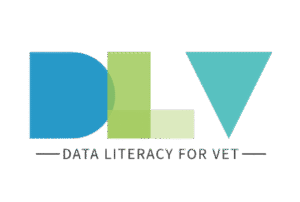DESCRIPTION
The purpose of this training is to learn the social media marketing practices of SMEs. Social networks are profoundly transforming the way customers use the web and thus challenging SME business practices. Although the social media provide affordable channels for marketing and are thus appropriate tools for firms with limited resources, some SMEs and entrepreneurs still question their credibility and sustainability.
Everyone is using social media these days- and some are doing it better than others. Social entrepreneurs in particular are taking advantage of the audience, reach, and potential virality of the vast array of mediums to spread the news for better results, and longer-lasting initiatives.
Objectives
- Introduction To communication and social marketing
- Presentation company and projects;
- Self-Branding Choose & Promote Yourself
- Mission Statement
- Logo
- Promotion
- Delivering
- Improvement of the written content: layout, writing attention-grabbing headlines, correcting the grammatical mistakes, include keywords
- Publishing and optimizing the layout of the written content posts on learning in platform Image research tasks for specific topics
- Working with Canva, photo designing and editing tool
- Marketing with Facebook, Twitter, Instagram, Youtube, Pinterest
The educational programme will be re-organised accordingly to the professional needs of our partners. All courses proposed will pass through an accurate assesment of needs, goals and learning outputs. This process will be enhanced before every partnership request as the daily schedule.
Course location: Infol – Innovation Training Orientation and Employment
Site: Rome, Athens
Number of days of training: 2/3 Weeks
Lesson time: 6/8 hours
Language of instruction: English , French, Turkish, Italian, Spanish,Bulgarian, Romanian.
Internship in Company inclused
Participation fee: send mail to [email protected]
Methodology
The course will combine theory input and discussion with analysis of practical incidents with the purpose of finding out different possible solutions. The methodology used is mainly content-based language instruction (communication through specific content).Text discussion, oral presentation and discussion, role-playing, self- and meta-reflection, debating and group interaction will be the strategies more frequently used.
- Active methodologies
- Role playing
- Simulations
- New technologies
- Visits/workshops in educational institutions as schools, universities, educational centers, and companies
Certificates
- Europass Mobility
- Certificate of Attendance





